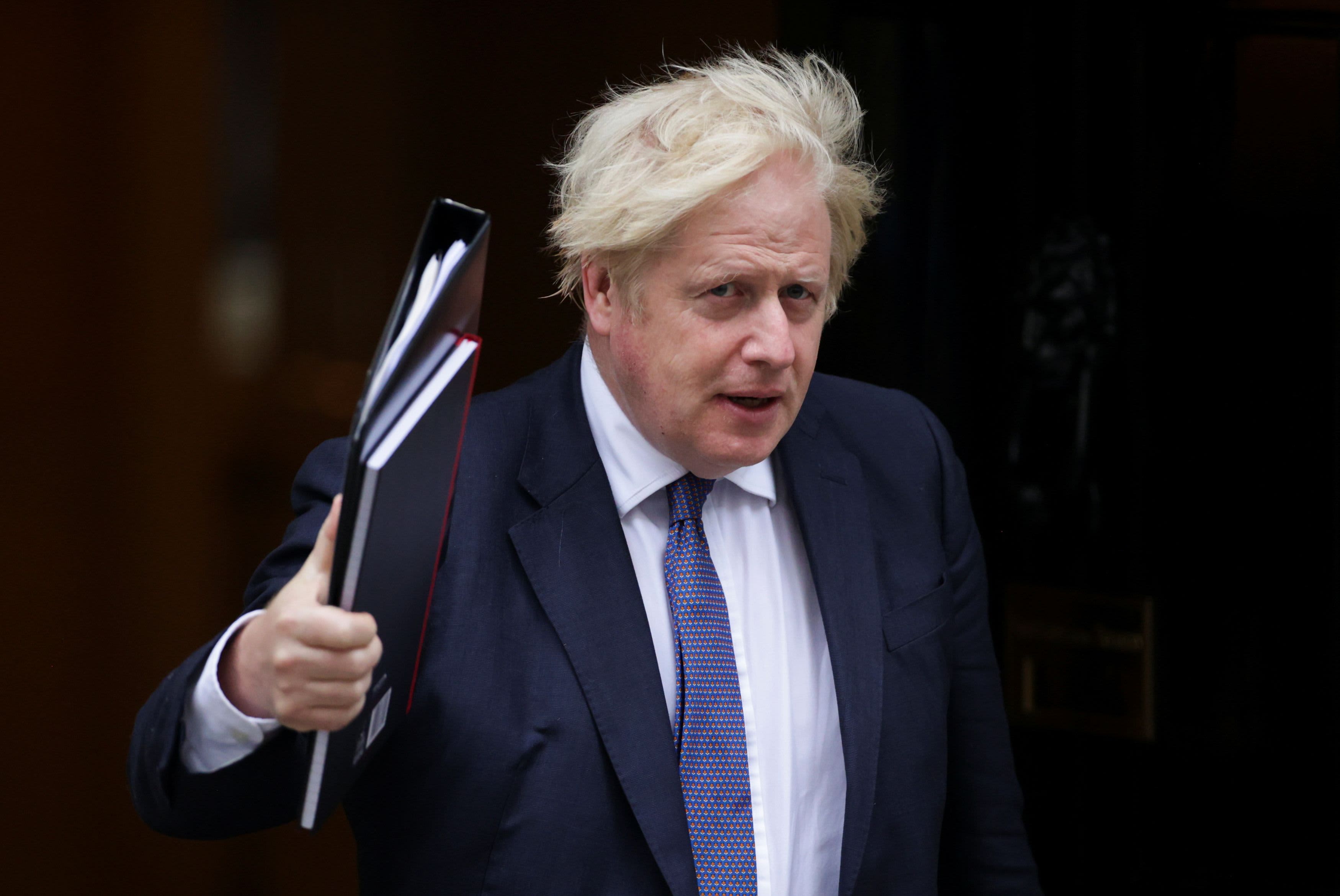UK’s Boris Johnson to hike taxes to tackle Covid and social care crises

Britain’s Prime Minister Boris Johnson walks outside Downing Street in London, Britain, August 18, 2021.
Hannah McKay | Reuters
U.K. Prime Minister Boris Johnson will announce plans to hike taxes on Tuesday to fund health care and reforms to the country’s social care system.
By increasing the National Insurance rate (a tax on earnings) by an expected 1.25%, Johnson’s government aims to tackle crises in social care funding and National Health Service treatment waiting lists, the latter of which has spiraled amid escalating pressure on health care services throughout the Covid-19 pandemic.
The increased rate could reportedly raise more than £10 billion ($13.8 billion) a year.
Johnson is set to announce the changes in a statement to the House of Commons on Tuesday. The Prime Minister’s spokesman confirmed to Sky News on Tuesday morning that Cabinet ministers had approved the plans.
Under Britain’s National Insurance scheme, workers and employers pay a levy that funds certain welfare programs like state pensions, statutory sick pay and maternity pay. People over the state pension age do not pay the levy, which effectively lowers their tax bill.
For workers earning between £797 and £4,189 a month, National Insurance payments are 12% of their earnings. Additional earnings in excess of £4,189 a month are taxed at 2%. Those payments are made on top of income tax.
Meanwhile, British newspaper The Sun reported on Tuesday that Cabinet sources had said “the most profitable” participants in the stock market would also be subject to fresh tax hikes, which the BBC reported would come in the form of greater taxes on shareholder dividends.
England’s NHS will be given a £5.4 billion cash injection over the next six months to bolster its response to the Covid-19 crisis, the government announced on Monday. Of that funding, £1 billion will go toward reducing the treatment backlog created by the pandemic.
In August, an analysis carried out by The Nuffield Trust found that almost 1.2 million people in England were having to wait more than six months to access vital NHS services like cardiology and brain surgery.
Social care reforms
Funds generated by the higher National Insurance rate are also expected to be put toward overhauling social care in England.
Sky News reported that the reforms will include a cap on how much individuals pay for care during their lifetime, limiting the amount to £86,000, although this may not include the price of accommodation in nursing homes.
Currently, people in England must pay for their own care if they have savings and assets of more than £23,350, meaning social care is rarely state-funded. That threshold is expected to rise to around £100,000 under the reforms, according to Sky.
A shake-up of the country’s social care system has been long-awaited, with people often being forced to sell their homes in order to meet the costs of care.
In his first speech as prime minister in 2019, Johnson said his government would “fix the crisis in social care once and for all,” vowing to “give every older person the dignity and security they deserve.”
Backlash
However, the prime minister’s plans have been met with criticism from some lawmakers in his own Conservative Party, many of whom claim that it would break promises the party made before being elected to form a majority government.
Ahead of the country’s last general election in 2019, Johnson made a promise in the Conservative manifesto not to raise the rate of income tax, VAT or National Insurance.
Leader of the House of Commons Jacob Rees-Mogg wrote in his column for the Sunday Express at the weekend that Johnson’s U-turn on taxes could cost the Conservatives votes. Drawing on former U.S. President George H.W. Bush’s famous quote: “Read my lips: no new taxes,” Rees-Mogg argued that “voters remembered those words after President Bush had forgotten them.”
Business Secretary Kwasi Kwarteng, Trade Secretary Liz Truss and Justice Secretary Robert Buckland are also said to be concerned about the plans, as are many Conservative lawmakers who are not members of Johnson’s Cabinet, the Guardian reported.




